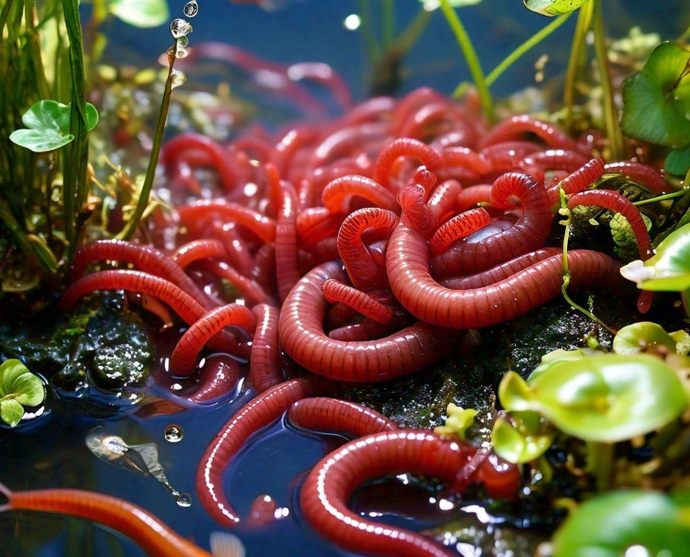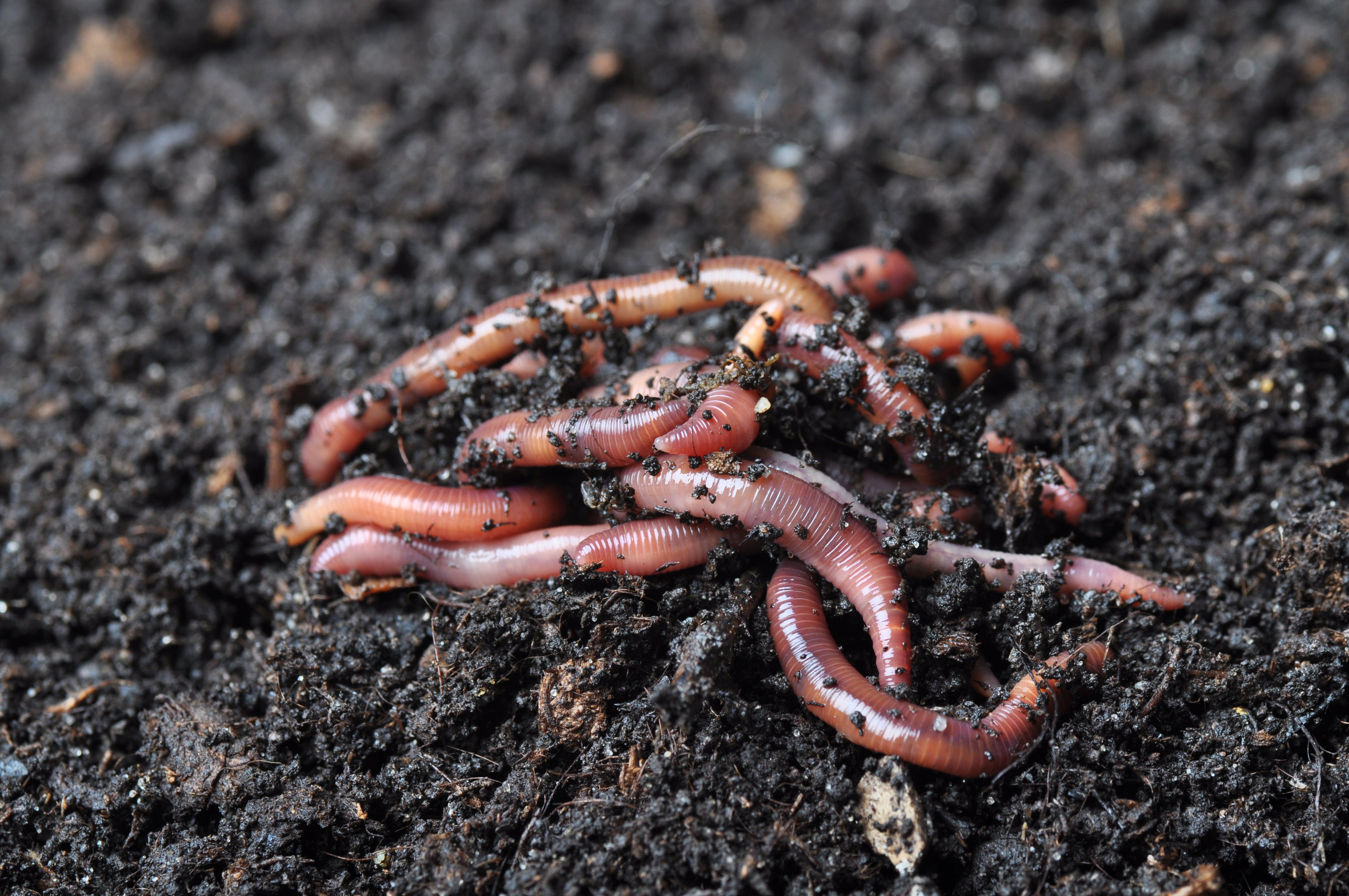Why Red Wigglers Are Vital for Chemical-free Farming
Red wigglers play a crucial duty in chemical-free farming, largely with their unique ability to disintegrate organic materials and improve dirt wellness. Their task not only improves the soil with essential nutrients yet likewise cultivates a successful environment essential for sustainable farming. In addition, the physical processes they participate in, such as aeration and wetness retention, contribute significantly to improved plant yields. The degree of their effect on farming methods and soil biology raises fascinating concerns concerning the future of organic farming. red wigglers. What effects might this have for farming approaches?
Duty of Red Wigglers in Soil Health And Wellness

Additionally, red wigglers boost dirt structure by producing networks as they tunnel. These networks boost oygenation and water seepage, advertising a healthier root atmosphere. Their activity additionally helps in maintaining optimum wetness degrees, which is crucial for healthy and balanced plant growth.

Benefits of Worm Spreadings
Worm castings, the nutrient-rich waste matter created by red wigglers, act as a powerful modification for natural farming. These spreadings are loaded with essential nutrients such as nitrogen, phosphorus, and potassium, which are vital for plant growth. Unlike artificial plant foods, worm castings release nutrients gradually, providing a constant supply in time and lowering the threat of nutrient leaching and overflow.
Moreover, worm spreadings enhance dirt structure and oygenation, advertising much healthier root systems. Their high raw material material boosts dampness retention, making it possible for plants to much better hold up against drought problems. Additionally, worm spreadings have advantageous bacteria that support plant health and wellness by subduing pathogens and improving nutrient uptake.
The application of worm spreadings can cause boosted plant yields and boosted top quality of fruit and vegetables, making them an important resource for organic farmers. Their use also aligns with lasting farming practices, adding to soil fertility without the unfavorable ecological influences connected with chemical plant foods. Generally, the unification of worm castings into farming techniques promotes a more durable and productive ecosystem, highlighting the relevance of red wigglers in chemical-free farming systems.

Enhancing Nutrient Cycling
(redworms for composting)Vitamins and mineral biking is a critical process in natural farming, and the assimilation of red wigglers plays a pivotal duty in improving this cycle. As red wigglers take in decaying natural issue, they eliminate nutrient-rich spreadings, which are brimming with valuable germs.
Furthermore, red wigglers help to accelerate the mineralization of nutrients, transforming them from inert types into bioavailable forms that plants can soak up. This process is critical for keeping dirt fertility and promoting healthy and balanced plant development. The existence of red wigglers also encourages a varied soil ecosystem, promoting a balance of nutrients that supports various plant species.
Improving Dirt Structure
The improvement of soil framework is vital for promoting a healthy farming ecosystem, and the task of red wigglers dramatically you could look here adds to this enhancement. These earthworms play a vital duty in aerating the dirt and producing a network of networks that help with water seepage and root penetration. As they delve with the soil, red wigglers separate compressed layers, enabling much better oxygen exchange and promoting microbial task.
Additionally, the natural issue created from their waste, called vermicast, improves dirt gathering. This procedure develops secure clumps of soil bits, enhancing soil porosity and lowering erosion (red wigglers). The existence of red wigglers also motivates the development of advantageous fungal networks, which are crucial for nutrient uptake by plants
Supporting Lasting Practices
Integrating red wigglers right into natural farming practices not only boosts dirt health and wellness but likewise advertises lasting agricultural techniques. These earthworms play an important function in vitamins and mineral biking, changing organic waste into beneficial compost that improves the dirt. By making use of red wigglers, farmers can properly decrease dependence on synthetic fertilizers, consequently minimizing chemical overflow and its damaging effects on environments.
Moreover, the unification of red wigglers motivates the technique of recycling natural products, such as kitchen area scraps and farm waste. This waste reduction approach not only reduces disposal expenses but also promotes a closed-loop system where nutrients are continuously returned to the soil (red wigglers). Such practices are important in mitigating environment modification, as they improve carbon sequestration and minimize greenhouse gas exhausts
In addition, red wigglers improve water retention in the soil, which is critical in times of dry spell. Their burrowing tasks create networks that enable water to pass through deeper right into the ground, hence promoting effective water usage. Ultimately, incorporating red wigglers right into natural farming not only sustains biodiversity yet additionally lines up with the principles of lasting farming, offering an alternative strategy to food manufacturing.
Final Thought
In conclusion, red wigglers play a vital role in natural farming by significantly improving dirt wellness and fertility. Hence, the integration of red wigglers into agricultural methods is essential for advertising sustainability and enhancing general soil quality.